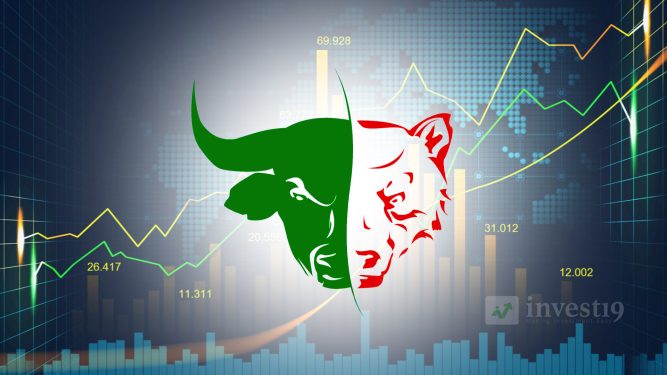GLOBAL Islamic finance assets increased by 14% year-on-year (yoy) in 2019, totalling up to US$2.88 tril and is expected to continue growing to reach US$3.69 tril by 2024.
This is based on a recent 2020 Islamic Finance Development Report by Refinitiv and the Islamic Corporation for the Development of the Private Sector (ICD).
Since the Islamic banking sector contributes to the bulk of global Islamic finance assets, the report showed that the sector’s 14% growth in 2019 amounted to US$1.99 tril in global assets.

This compared with just 1% growth in 2018 and an average annual growth of 5% over the period between 2015 and 2018.
The top five developed countries in relation to Islamic Finance are Malaysia, Indonesia, Bahrain, the United Arab Emirates (UAE) and Saudi Arabia.
In 2020, Indonesia displayed one of the most notable improvements in the Islamic Finance Development Indicator (IFDI), moving into second place for the first time due to its high knowledge and awareness ranking.
“A lack of relevant, actionable data has held back the Islamic finance industry for too long. That’s why the Islamic Finance Development Indicator is now such an important tool for policy makers and market participants,” said Refinitiv CEO David Craig.
“This market is worth nearly US$3 tril already and I’m excited about its future, particularly when it comes to Sukuk, as Islamic finance has so much in common with sustainable finance,” he added.

Meanwhile, ICD CEO Ayman Sejiny commented: “We believe that the analyses and information provided in this year’s report will serve as a vital reference point for the state of the Islamic finance industry during these difficult times and we remain convinced that Islamic finance can play a major role in alleviating the social and economic consequences of the COVID-19 pandemic.”
According to the report, the pandemic was a game changer as several Islamic banks reported losses and reduced profits throughout this year.
The pandemic has also led to growth in some areas of the industry as some regulators turned to Islamic finance to mitigate the economic impact.
Corporate Sukuk issuance has also picked up after a cautious halt in the first quarter of 2020.
The report indicates that companies are taking advantage of low borrowing costs to shore up their finances, while the pandemic continues to batter trade and economies. – Jan 23, 2021










